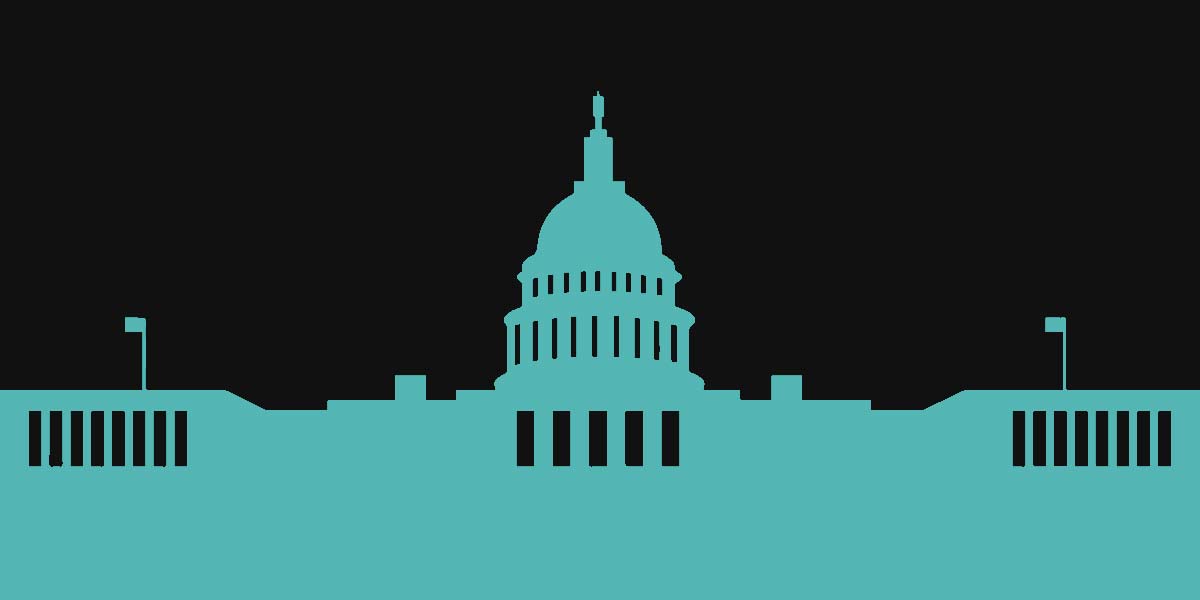In a recent development regarding the ban of TikTok in the United States, a report has revealed that members of Congress are aware that users of the platform are expressing protected speech under the First Amendment. Despite this awareness, Congress decided to move forward with the ban, an action that many consider a violation of citizens’ rights and a failure to protect privacy.
The government submitted a partially redacted transcript as part of the ongoing litigation over the federal ban of TikTok, which has sparked debates in the D.C. circuit. This document indicates that both lawmakers and authorities acknowledge that American citizens use TikTok to exercise their right to freedom of expression, a fact also highlighted by a federal district court that blocked the TikTok ban in Montana. However, Congress chose to mimic that ban in an effort that many argue is ineffective in safeguarding privacy.
During the discussion, concerns expressed by members of Congress focused on the possibility that the Chinese government could use TikTok to manipulate the content consumed by American users. However, no concrete evidence was presented that this was happening, and much of the discourse was framed in hypothetical terms. A prominent statement from a representative of the Department of Justice expressed concern about the potential risk of user data falling into the hands of the Chinese government, indicating that this situation could have negative consequences for millions of young Americans.
Furthermore, questions arose about the legitimacy of organizations opposing the TikTok ban, highlighting a lack of appreciation for the right to express dissenting opinions to unpopular government decisions.
With the ban already in place, many critics point out that Congress should focus more on arguments about privacy and freedom of expression that have been overlooked. The First Amendment demands rigorous judicial scrutiny for bans of this kind, and they condemn the irony of the government deeming it necessary to restrict self-expression—a fundamental human right—in the name of human rights protection.
Instead of these bans, argue critics, Congress should enact broader privacy laws regulating all social media companies in terms of citizen data collection and processing. If they fail to do so, they warned, threats to privacy will persist regardless of measures taken regarding specific platforms.
Digital rights advocacy organizations, such as the Electronic Frontier Foundation (EFF), have expressed their intention to continue fighting for the rights of TikTok users, emphasizing the need for a more holistic and effective approach to legislation on online privacy and expression. Meanwhile, attention is now focused on the reaction of federal courts to these issues of fundamental rights that have arisen from the controversial ban.
Source: MiMub in Spanish












